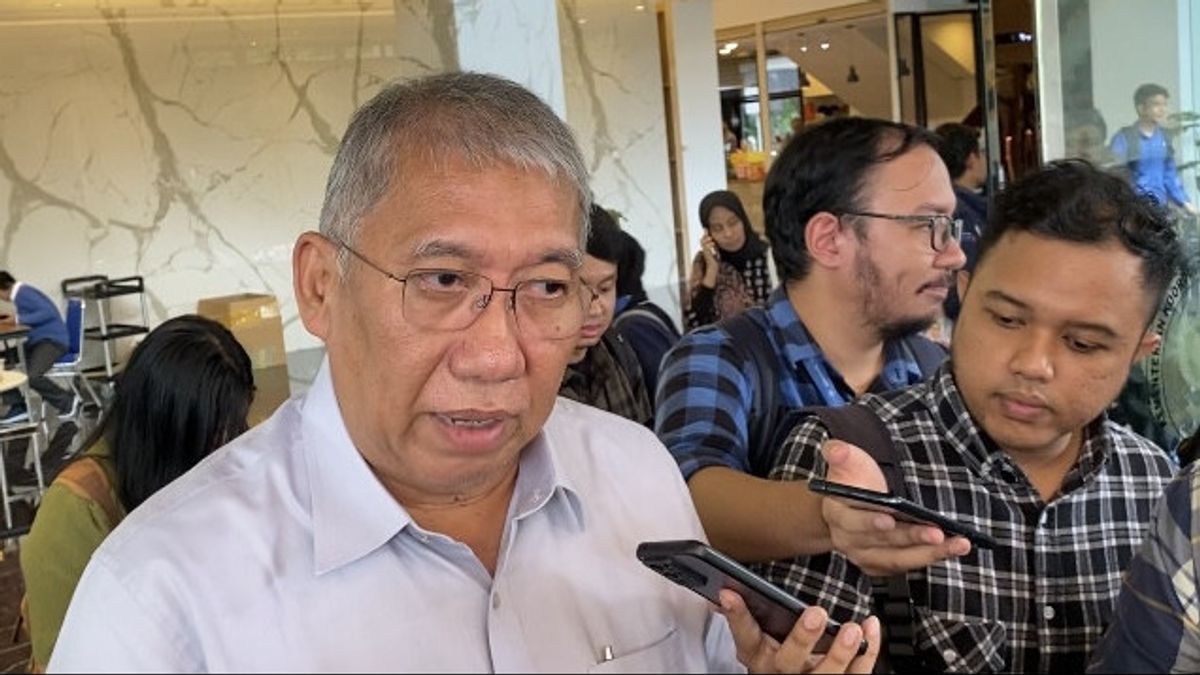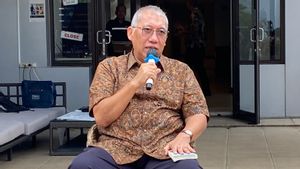JAKARTA - The price of harvested dry unhulled rice (GKP) at the farmer level actually fell 15.58 percent and the price of unhulled rice at the milling level fell 15.20 percent in April 2024.
However, the price of rice in the market is still high, aka expensive.
The President Director of Perum Bulog, Bayu Krisnamurthi, explained that this condition was influenced by several factors. For example, traders who take into account the next harvest that is predicted not to be as good as expected.
"Maybe all traders also have an increasingly open knowledge, they can see what the projections will be in the future," he said when met by reporters at the Pela Mampang Village Office, South Jakarta, Friday, May 3.
"I think that's one factor, yes, if we can now estimate that in the coming season the harvest may not be as good as expected or at risk not as well as expected, it means traders also know," he continued.
Not only that, Bayu also said that the global geopolitical condition to the strengthening of the US dollar against the rupiah exchange rate also affected a number of domestic commodity prices.
Currently, continued Bayu, commodity prices in the international market are still fluctuating, thus having a major impact on local markets.
This dynamic is a consideration for retail market players in Indonesia.
"Traders also know that, so it seems that friends at retail are taking into account these factors. That's why in the future I think in an effort to stabilize food, especially rice, it must have more flexibility in retail," said Bayu.
SEE ALSO:
Therefore, Bayu said, in the future the stabilization of rice prices will be boosted through retail.
Bayu believes that this method can be a way to intervene in rice prices in the market other than rice food assistance.
"The government also has instruments to intervene in retail. So we secure the price of farmers so that they don't lose money, but at the same time have non-food assistance interventions. Because food assistance is for relatively low-income community groups," he said.
The English, Chinese, Japanese, Arabic, and French versions are automatically generated by the AI. So there may still be inaccuracies in translating, please always see Indonesian as our main language. (system supported by DigitalSiber.id)
















